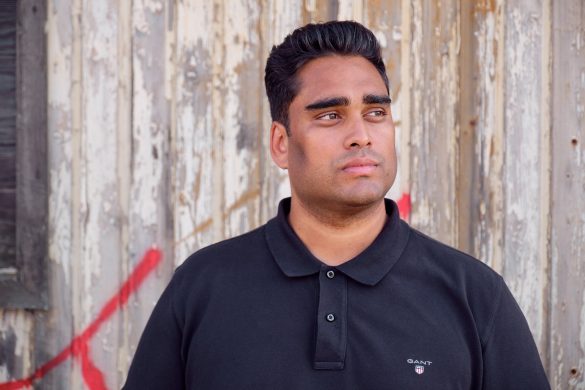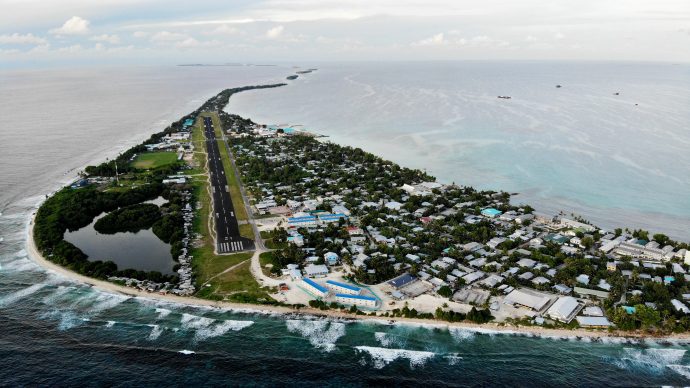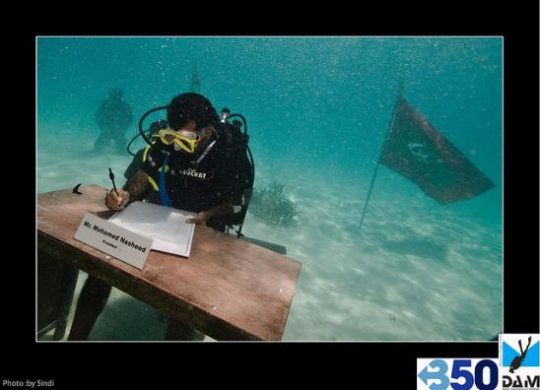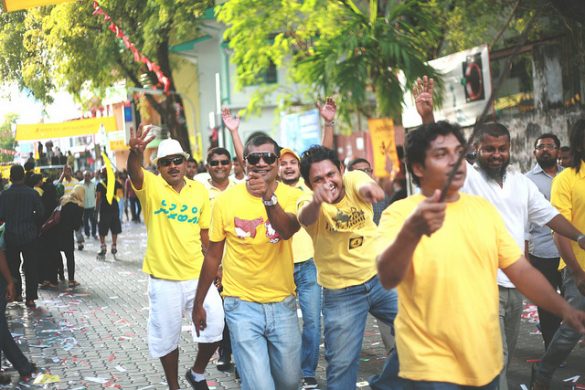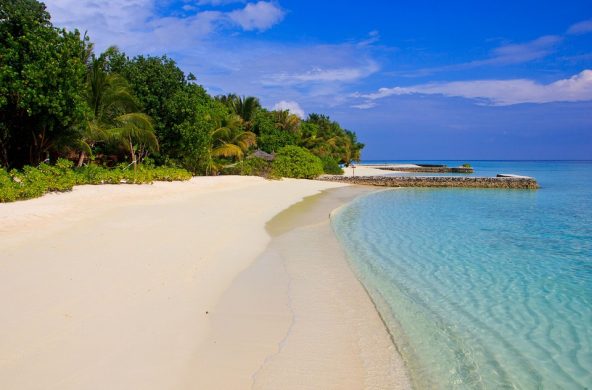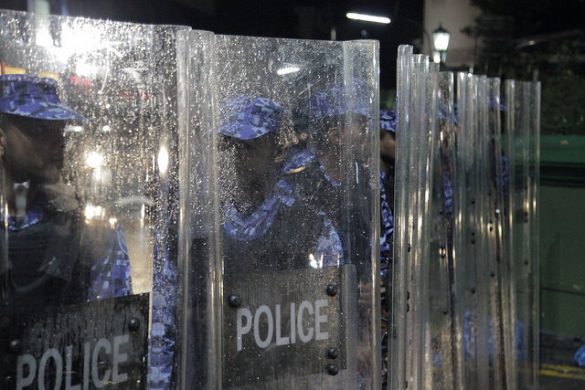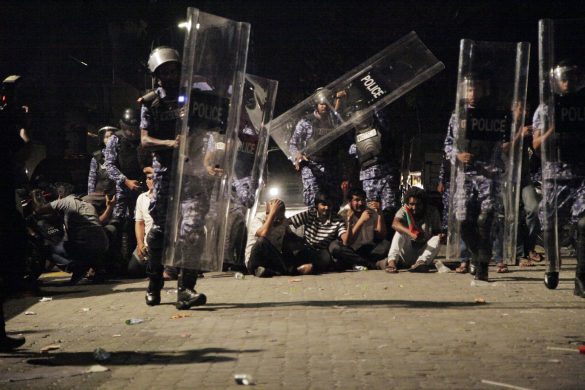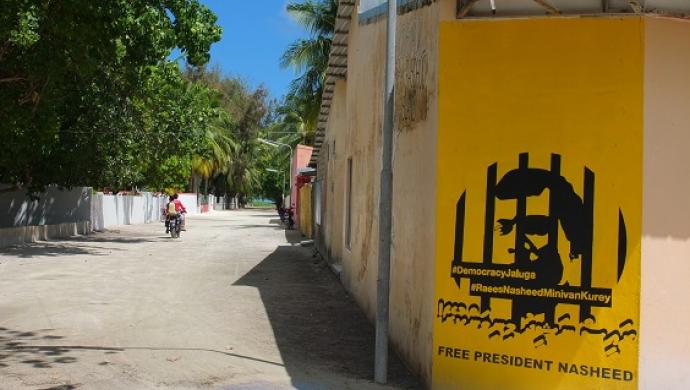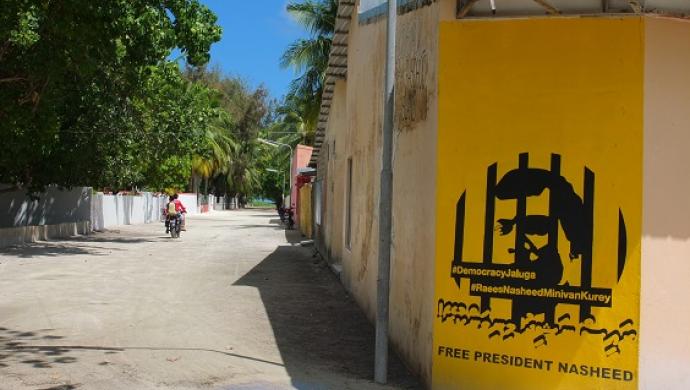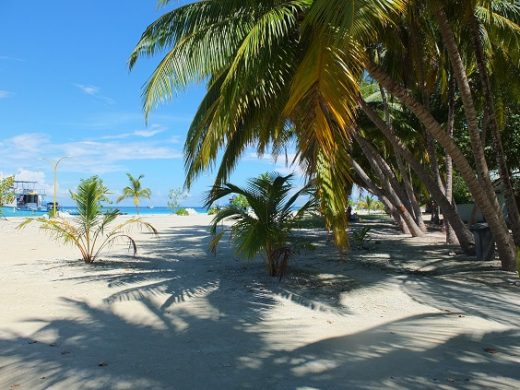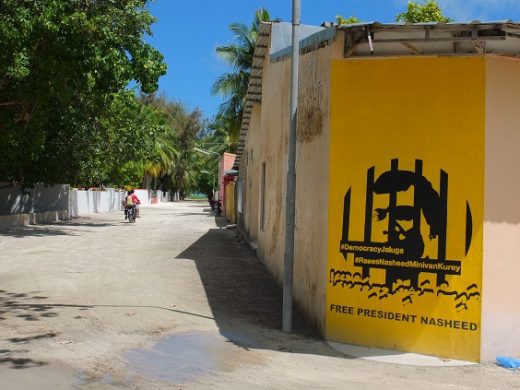Last week a young blogger and activist, Yameen Rasheed, 29, was stabbed to death in his home in Male, capital of the Maldive. He was left under a staircase bleeding to death. The perpetrators are still unknown.
What is known, is that Rasheed was famous for having a powerful weapon against political oppression – and he was pointing his sharp and humoristic pen directly at the Maldivian Government. Yameen Rasheed wanted to capture and highlight the diversity of Maldivian opinion – especially content from other blogs and non-mainstream sources.
Today, on May 3rd people around the world celebrate International World Press Freedom Day. Despite all the reasons to celebrate, let us also remind ourselves that there is still much to fight for – even in places that seem like paradise.
In the Maldives, Rasheed satirized about what he called the “the ‘unsatirizable’ politics” in the country inhabiting about 400.000 Sunni Muslims.
From dictatorship to democracy, and back again
Why did Rasheed feel the need to blog about the political unrest in the Maldives?
After 30 years of brutal dictatorship led by President Maumoon Gayoom, the first democratic election was held in 2008. Mohammed Nasheed was elected president, and for a moment Nasheed was noticed worldwide for new democratic leadership.
During COP 15 in Copenhagen, 2009, the Maldives took center-stage in the heated debate about climate change, and pictures of the government underwater went viral. In a room full of world leaders, Nasheed used convincing arguments and a compelling attitude in his plea for sympathy for all Small Island States.
Unfortunately, years followed with Muslim radicalization, a coup threw Nasheed out of power. Political turbulence and ubiquitous unrest ensued.
The outcome was overwhelming support for the current regime that is now autocratically led by Abdulla Yameen, known for his authoritarian and ruthless leadership style.
Mohammed Nasheed and many other politicians and journalists in opposition to his party has been arrested.
In April 2015, Amnesty International warned that human rights in the Maldives were in “free fall” and wondered why the international community did not do anything about it.
Paying the price for speaking up
Being vocal about the political situation in the Maldives, where almost all opposition leaders are imprisoned or living in exile, and where the general public is afraid of speaking freely about the political tension, young Rasheed paid the ultimate price for speaking up.
With his blog ‘The Daily Panic”, he wanted to provide an alternative platform to comment on Maldivian politics, and set out to give his followers and the world in his own words: “nothing but the unfiltered truth, the sickening facts, the gruesome details, and – because this is the Maldives – the painfully obvious”.
Despite, receiving regular death threats, which he reported to the police, nothing was done to prevent the tragedy of his killing.
Many have read about the Maldives as a luxury tropical travel destination. But few have heard about the political situation in the Maldives and the murder of Yameen Rasheed. That is why today is an important day to share this story.
Happy International Press Freedom Day.
Ida Peters Ginsborg er sociolog og skrev i 2010 speciale om sociale aspekter af klimaforandring på Maldiverne. Hun arbejdede i Maldivernes miljøministerium i en periode, i landets FN-delegation i New York og arbejdet med landets delegationer til klimatopmøderne COP 14 og 15.
Idag arbejder hun som konsulent med bæredygtighed og menneskerettigheder.


